It is no coincidence that on December 6, 2012, in Paris (France), the United NationsEducational , Scientific and Cultural Organization (UNESCO) officially recognized the Hung King worship as an Intangible Cultural Heritage of Humanity. This is the first heritage of Vietnam to be honored in the category of beliefs and also the first time UNESCO recognized the Ancestor worship as an Intangible Cultural Heritage of Humanity.
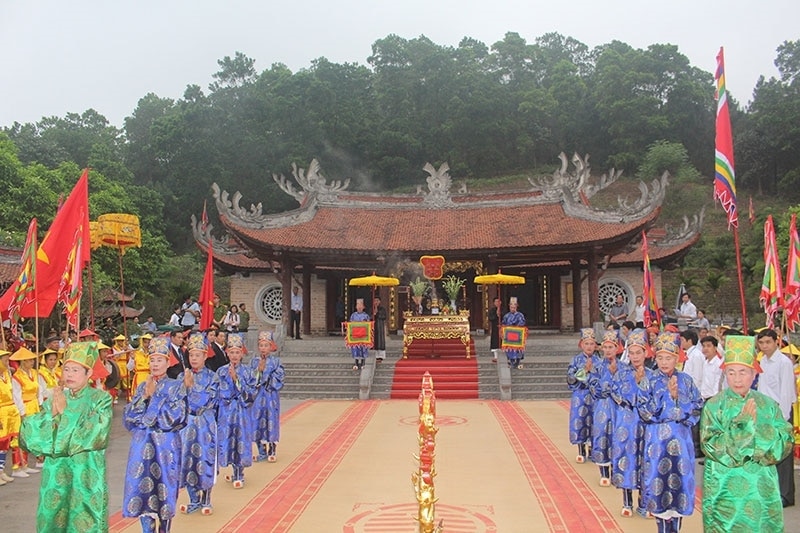
Practicing the ceremony to commemorate the death anniversary of the national ancestor Lac Long Quan at the Hung Temple historical relic site ( Phu Tho ), 2019. Photo: Thanh Chuong.
After centuries of practice and transmission, the Hung King worship has spread, contributing to positioning Vietnamese values on the world map. The Hung Kings worship ritual was honored by UNESCO when it met all the criteria of a representative intangible cultural heritage of humanity. In particular, UNESCO experts emphasized the heritage with outstanding global value, encouraging the common consciousness of all nations, especially the humanity and uniqueness of the Hung Kings worship ritual.
According to legend at Hung Temple, after the 18th Hung King abdicated, Thuc Phan erected a stone oath pillar on Nghia Linh mountain, vowing to protect the country and brocade that Hung King had given him for life and to forever burn incense and look after the ancestral shrine. In the early years of the Christian era (40 - 43), the Trung sisters, when launching an uprising against the Han army, read an oath on the Hat river mouth: "First, I wish to wash away the water of hatred/ Second, I wish to restore the old Hung dynasty". The feudal dynasties all paid great attention to and encouraged people to practice the Hung King worship. The earliest historical documents recording the Hung King Era are "Dai Viet Su Luoc" and "Dai Viet Su Ky Toan Thu" which affirmed and explained the common origin of the Vietnamese people. The Later Le, Tay Son and Nguyen dynasties also continuously conferred titles on the Hung King temples in Phu Tho.
When the country gained independence (September 2, 1945), the Party and State paid special attention to the worship of the Hung Kings. On February 18, 1946, President Ho Chi Minh issued a decree regulating major annual holidays, including the Hung Kings' death anniversary on the 10th day of the third lunar month, which was a day off. Also on March 10, 1946, the Hung Kings' death anniversary - the first Hung Temple festival of independent Vietnam was solemnly held. Historian Duong Trung Quoc said: After gaining independence, in 1946, President Ho Chi Minh presided over the Hung Kings' death anniversary. At the same time, Minister of the Interior Huynh Thuc Khang led a Government delegation to Phu Tho to offer a ceremony, including a map of the entire country, North-Central-South, which had been connected, and a sword, demonstrating the determination to protect the country.
Up to now, Vietnam is the only country in the world where the ancestor worship belief has been preserved and maintained through thousands of years of history. Not only originating from the Hung Kings era with the belief that the whole nation shares the same lineage of “the Dragon and the Fairy’s descendants”; the Hung King worship belief is also demonstrated in the historical flow of the nation through more than four thousand years of civilization. Passed down persistently from generation to generation, this precious cultural heritage is the convergence of the original culture and the great solidarity strength of the Vietnamese people. 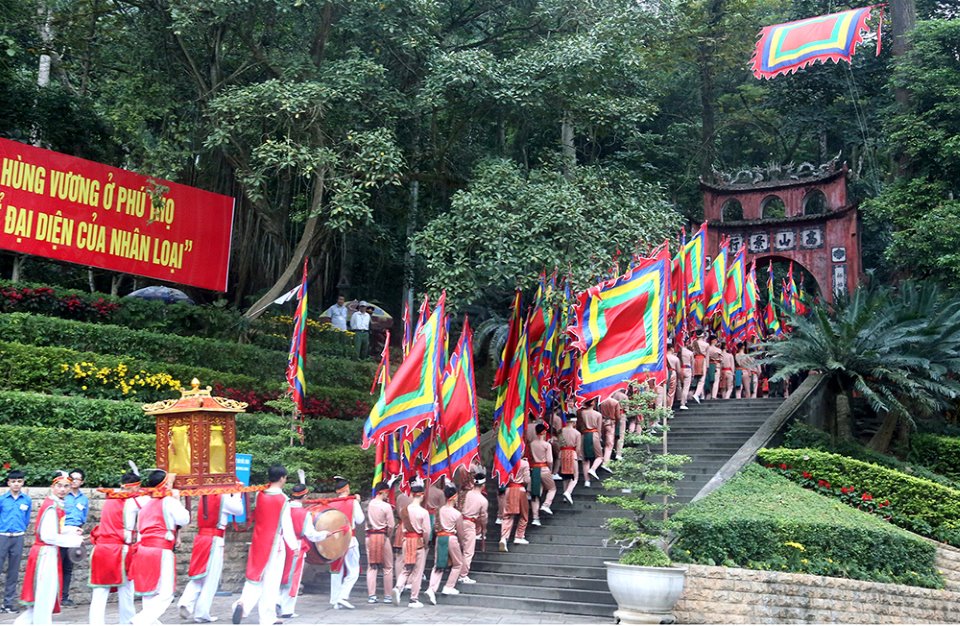
Lac Hong's descendants on the occasion of Hung King's death anniversary - Hung Temple Festival. Photo: Internet
Professor, Dr. Nguyen Chi Ben, former Director of the Vietnam National Institute of Culture and Arts, said: The Hung King worship has fully met UNESCO's criteria for a representative heritage of humanity. This belief has an action program with the very active participation of the community and the Vietnamese people consider it a part of the culture and identity of the nation.
After centuries of practice and transmission, the Hung King worship has spread, contributing to positioning Vietnamese values on the world map. These are historical, cultural values, and the unique, noble moral traditions of the Vietnamese people. Preserving and promoting the value of the Hung King worship is not only to continue the traditional morality of remembering the source of water, but also to affirm the independence, self-reliance, and comprehensive autonomy of the Vietnamese people. It is also the source of strength that helps today's and future generations to build a strong Vietnam.
Mr. Ho Dai Dung, Vice Chairman of Phu Tho Provincial People's Committee, emphasized: Phu Tho Province, together with researchers, historians and the Vietnam Academy of Sciences,... have researched and agreed on the Hung King worship rituals to make them the most standard, neat and warm. In other localities with Hung King temples and shrines, we have proactively contacted the provinces to coordinate so that the ceremonies take place synchronously and uniformly with all worship objects. Up to now, the ancestor worship and incense offering rituals for Hung King have basically been standardized among the provinces.
The Hung Kings' death anniversary and Hung Temple Festival, held on the 10th day of the 3rd lunar month every year, are one of the highest and most concentrated expressions of the worship of the ancestors. As a promise, every March, people from all over the country make a pilgrimage to the land of the ancestors. Regardless of age, ethnicity, or religion, everyone wholeheartedly turns towards the sacred Nghia Linh mountain. The steps to return to the origin to feel more clearly the two words "compatriots" and be more proud of being "children of Lac Hong".
The worship of Hung Kings will forever be the fulcrum for national unity, cultivating the will and endogenous capacity of the Vietnamese people. Preserving and promoting the "soft power" of the original culture is also the way to strongly arouse the spirit of patriotism, the will of national self-reliance and the aspiration to develop a prosperous and happy country, worthy of the glorious historical tradition of the thousand years of civilization of the Vietnamese people.
The precious traditions and heritage of our ancestors have been continued and passed on. So that in all four corners of the world, on the anniversary of the death of our ancestors, millions of people with Vietnamese blood come together to make a pilgrimage or sincerely turn to the Ancestral Land, light incense, remember their roots, show gratitude to their ancestors' merits, so that deep in their hearts they can multiply the pride that our nation is a nation with roots and a long-standing cultural history. From Hung Temple, looking out at the whole country - the whole country turns to Hung Temple. The historical traditions of our ancestors create a solid foundation, a driving force that multiplies the strength and belief for the Vietnamese nation to develop strongly and last forever./.
Yanjiang





![[Photo] Party and State leaders visit President Ho Chi Minh's Mausoleum](https://vphoto.vietnam.vn/thumb/1200x675/vietnam/resource/IMAGE/2025/5/19/d7e02f242af84752902b22a7208674ac)
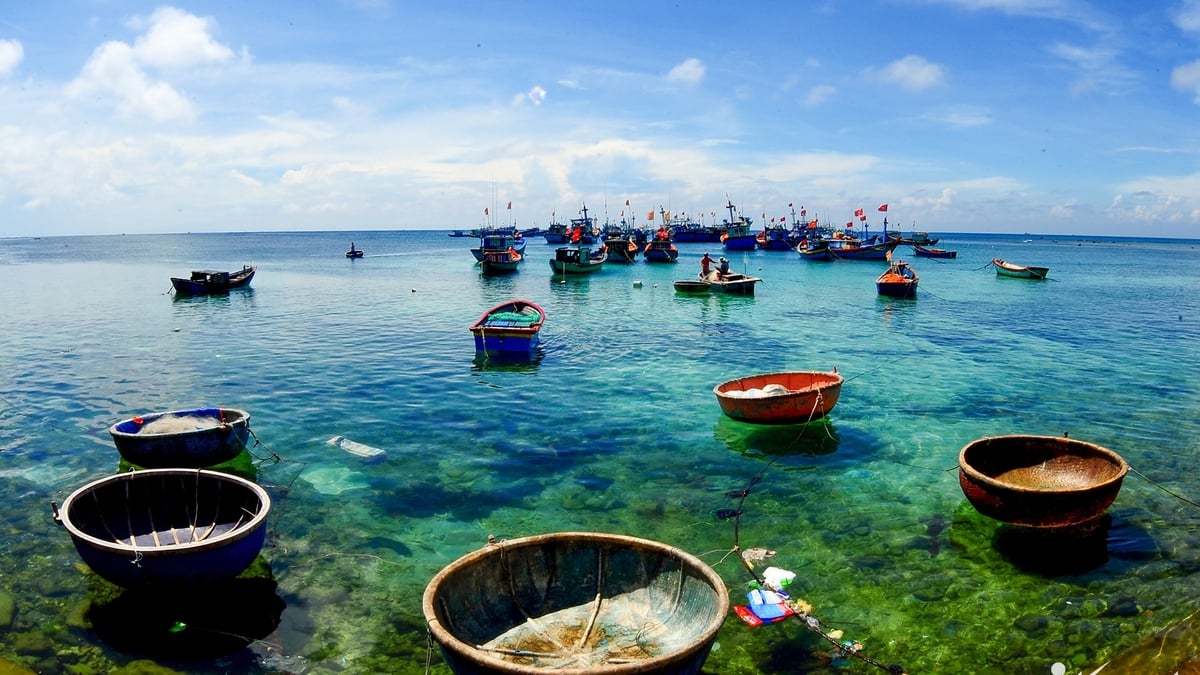
![[Photo] Special flag-raising ceremony to celebrate the 135th birthday of President Ho Chi Minh](https://vphoto.vietnam.vn/thumb/1200x675/vietnam/resource/IMAGE/2025/5/19/1c5ec80249cc4ef3a5226e366e7e58f1)

![[Photo] Party and State leaders attend the special art program "You are Ho Chi Minh"](https://vphoto.vietnam.vn/thumb/1200x675/vietnam/resource/IMAGE/2025/5/18/6895913f94fd4c51aa4564ab14c3f250)
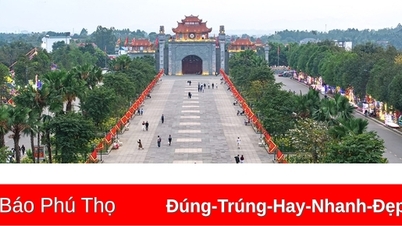

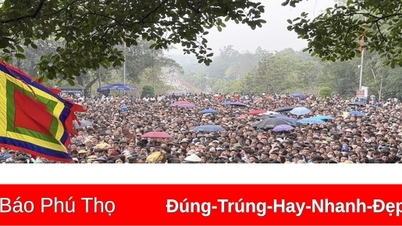
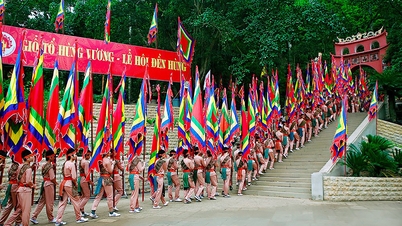


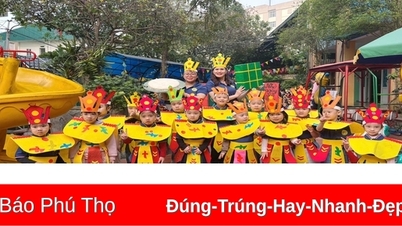
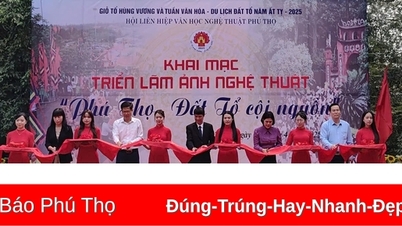
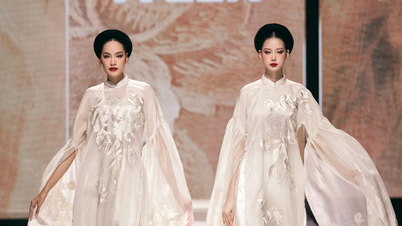

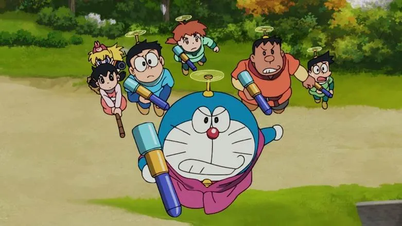

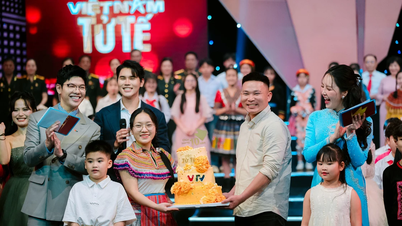


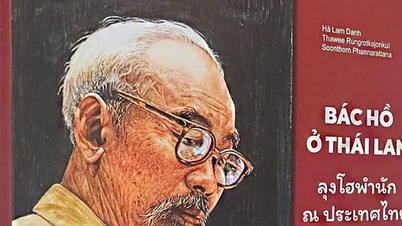
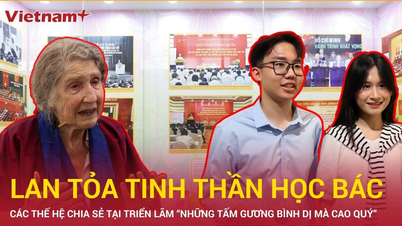




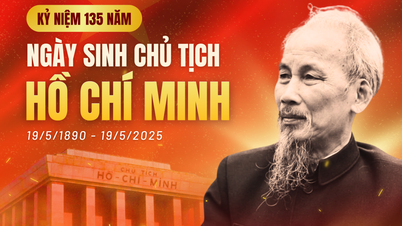




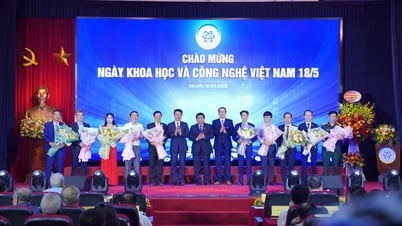
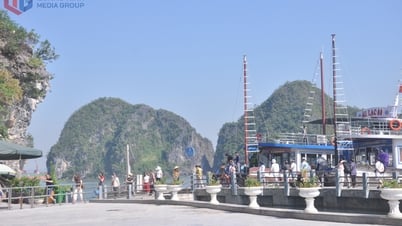
















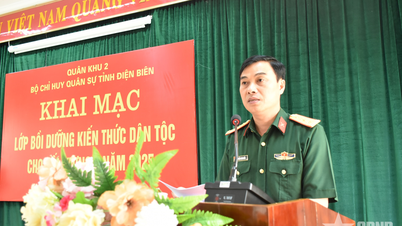




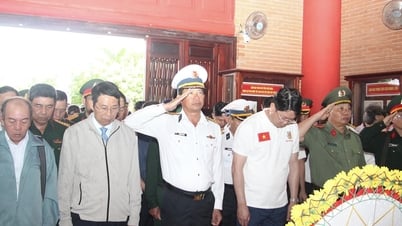


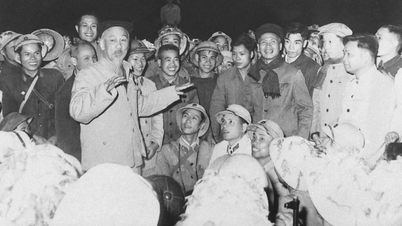

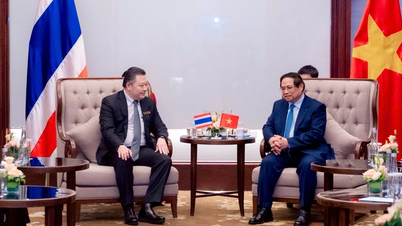
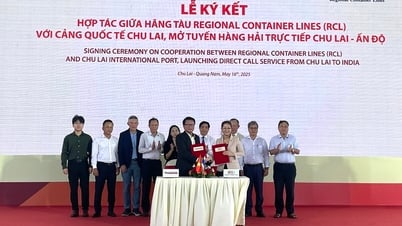





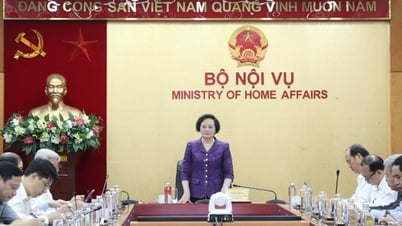

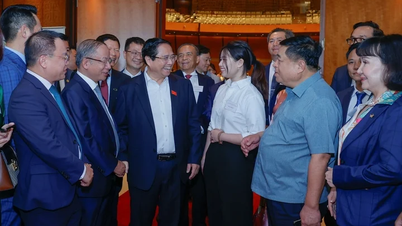



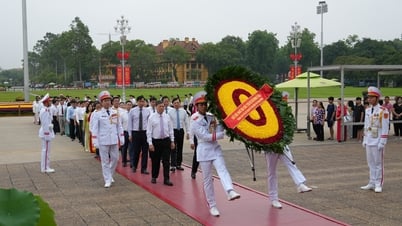


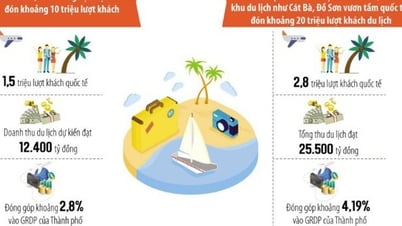



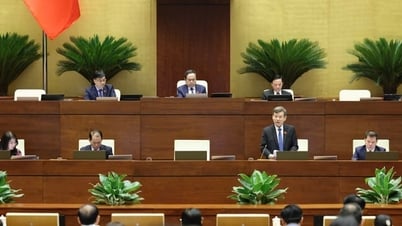

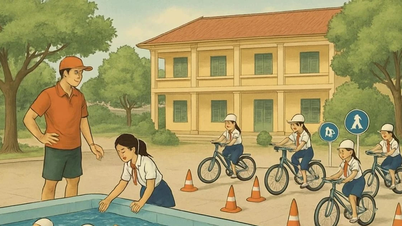




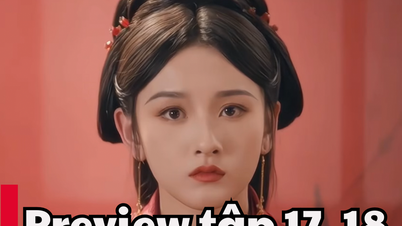












Comment (0)